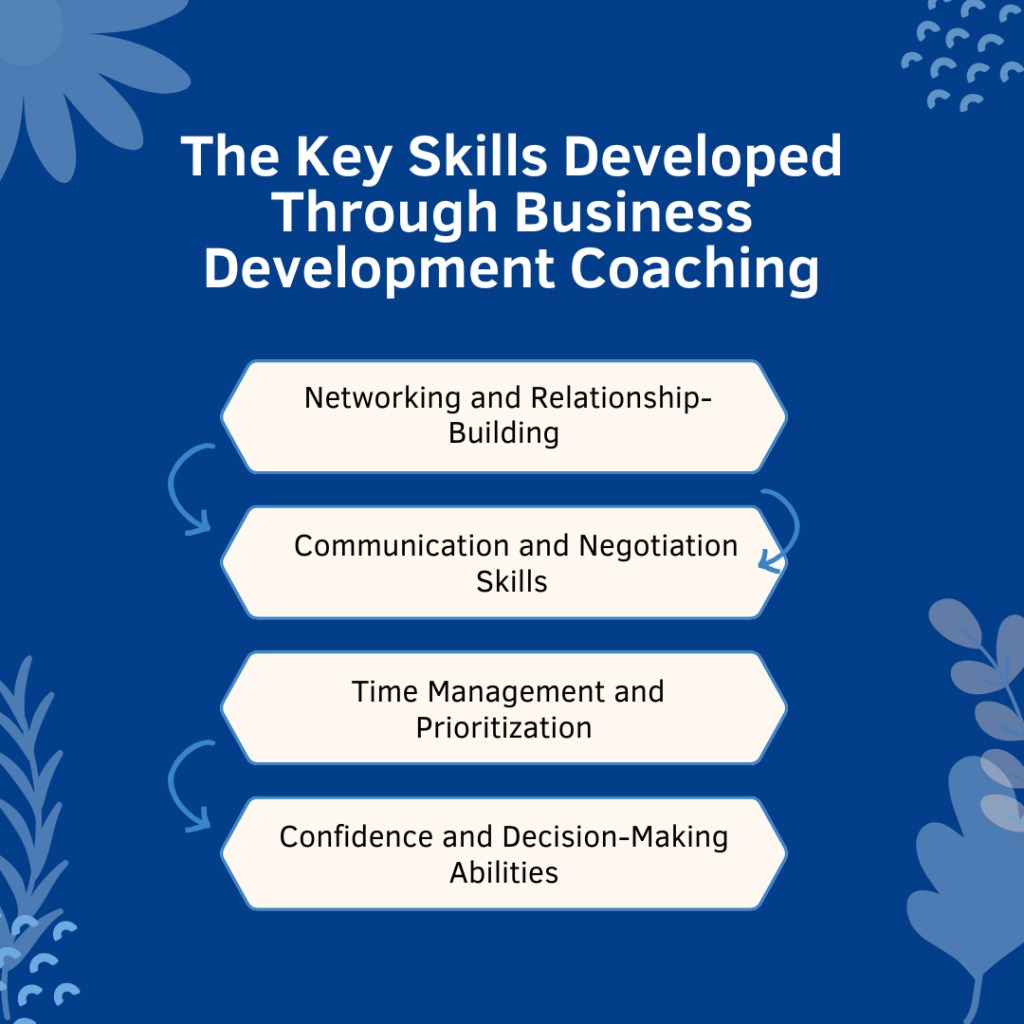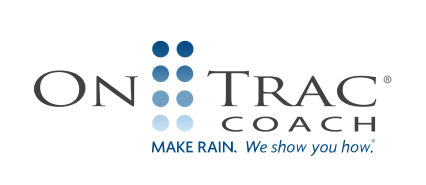
In today’s competitive legal industry, business development is more crucial than ever. Lawyers and law firms must constantly adapt to attract and retain clients, manage their practices efficiently, and stand out from the competition. This is where business development coaching for lawyers comes in. Business development coaching helps lawyers develop the necessary skills to build a successful and sustainable practice. Whether you’re a solo practitioner or part of a large firm, business development coaching can guide you toward greater success in your legal career.
What Is Business Development Coaching for Lawyers?
Business development coaching for lawyers is a specialized form of coaching that focuses on helping legal professionals improve their business skills. This coaching goes beyond just marketing and client acquisition. It helps lawyers build the necessary relationships, skills, and strategies to grow their practices and manage their business effectively. Coaches guide lawyers through the process of setting goals, improving communication skills, mastering networking, and managing time more efficiently.
Rather than just focusing on bringing in clients, business development coaching for lawyers focuses on long-term growth. A coach will work with lawyers to help them refine their approach, identify opportunities for improvement, and develop strategies that support their business objectives. With the right coaching, lawyers can develop a comprehensive understanding of business development that supports both their legal practice and their career.
Benefits of Business Development Coaching for Lawyers
Lawyers who invest in business development coaching for lawyers often see significant benefits that extend well beyond simply attracting new clients. Here are some key advantages:
1. Increased Client Retention and Attraction
A strong business development strategy, supported by coaching, helps lawyers better understand their clients’ needs. By developing better client relationships, lawyers can improve client retention and increase referrals. When clients feel valued and understood, they’re more likely to stay with a firm and recommend it to others.
2. Improved Relationship-Building Skills
Effective business development coaching for lawyers teaches lawyers how to network, build relationships, and create partnerships within the legal industry and with potential clients. Lawyers can learn how to engage in meaningful conversations that foster trust and long-term professional relationships.
3. Enhanced Leadership and Communication Skills
In addition to client relationships, business development coaching helps lawyers improve their internal communication. Whether working with staff, partners, or clients, clear communication is essential for effective leadership. Coaching can help lawyers develop leadership strategies, improve team dynamics, and enhance communication with clients.
4. Long-Term Career Growth and Success
With the right strategies and mindset, business development coaching can set the foundation for long-term career growth. Lawyers can learn to manage their practice more effectively, reduce stress, and build a reputation as both a skilled lawyer and a savvy business professional. Over time, this leads to more clients, more referrals, and a more successful practice.
The Key Skills Developed Through Business Development Coaching

When lawyers engage in business development coaching for lawyers, they gain valuable skills that can make a significant difference in their practice. These skills are crucial for establishing a competitive edge in the legal market.
1. Networking and Relationship-Building
One of the core skills taught in business development coaching is networking. Lawyers are introduced to new strategies for connecting with potential clients and colleagues. They learn how to approach and engage others in a way that builds trust and fosters long-lasting professional relationships.
2. Communication and Negotiation Skills
A significant part of business development involves communicating effectively with clients and colleagues. Through coaching, lawyers can improve their communication skills, making them more confident in client meetings and negotiations. This can help them close deals more effectively and strengthen client loyalty.
3. Time Management and Prioritization
Effective business development coaching for lawyers includes teaching time management techniques. Lawyers learn how to prioritize tasks, delegate work, and ensure that they have enough time to focus on both legal matters and business development activities. This allows them to manage a busy caseload without neglecting their business needs.
4. Confidence and Decision-Making Abilities
Business development coaching for lawyers can help lawyers build their confidence and improve their decision-making abilities. Lawyers who are more confident in their business decisions are better able to take the necessary steps to grow their practice and enhance their professional reputation.
How Business Development Coaching Helps Lawyers Grow Their Practice
Business development coaching for lawyers is not just about attracting new clients—it’s about building a sustainable, long-term practice. Effective coaching helps lawyers develop strategies that not only grow their client base but also maintain a steady flow of business. Here’s how business development coaching can support growth in your practice:
1. Building a Sustainable Client Base
One of the biggest challenges for lawyers is maintaining a steady stream of clients. Through business development coaching, lawyers learn how to build and maintain a client base that supports long-term practice growth. This includes strategies for client retention, staying in touch with past clients, and creating referral networks that ensure business remains consistent over time.
2. Creating Strategies for Consistent Growth
Lawyers often focus on short-term gains, but business development coaching for lawyers emphasizes the importance of sustainable growth. A coach can help you identify areas in which your firm can grow consistently over time. By focusing on ongoing improvements, market expansion, and developing a long-term business development plan, you can set your firm up for continued success.
3. Understanding Client Needs and Offering Tailored Services
Understanding your clients’ needs is critical to success in the legal profession. Business development coaching helps lawyers identify client pain points and tailor services accordingly. By offering personalized legal solutions, lawyers not only meet client expectations but also position themselves as trusted advisors, which encourages repeat business and referrals.
4. Differentiating Your Firm from Competitors
With the legal market becoming increasingly competitive, business development coaching for lawyers helps firms differentiate themselves. Coaches provide insights into identifying what makes your firm unique, whether it’s your practice areas, client service, or business model. By effectively differentiating your firm, you can stand out in a crowded marketplace and attract more clients.
How to Find the Right Business Development Coach for Lawyers
Choosing the right business development coach for lawyers is crucial for getting the most out of coaching. A good coach can guide you through the process of growing your practice, but a poor fit could make it harder to achieve your business goals. Here’s what to look for:
1. Look for Experience in the Legal Industry
The best coaches understand the unique challenges lawyers face. Look for a coach with experience in the legal industry or a strong understanding of how law firms operate. They should be familiar with the nuances of legal business development and how to apply coaching techniques to your practice.
2. Key Qualities of a Good Business Development Coach
A good coach should be a strong communicator, a good listener, and able to provide actionable insights. They should challenge you to think critically about your practice while offering practical guidance and support. Look for a coach who understands your personal goals as well as the goals of your firm.
3. Ensure the Coach’s Approach Aligns with Your Practice Goals
Not all coaching methods work for every lawyer. Make sure that the coach’s approach aligns with your goals, whether that’s client retention, business expansion, or improving internal operations. A coach should tailor their strategies to fit your unique needs, helping you focus on areas that will have the most impact on your practice.
Tips for Implementing What You Learn from Business Development Coaching
Once you’ve completed business development coaching for lawyers, the real challenge is putting your new knowledge into action. It’s one thing to learn strategies and techniques, but it’s another to effectively implement them into your daily practice. Here are some tips for making the most of your business development coaching:
1. Set Realistic Goals and Expectations
After your coaching sessions, it’s essential to set realistic goals for your practice. Break down the coaching lessons into specific, actionable steps that you can implement over time. Start small, focusing on one or two key areas at a time. For example, if you’ve learned how to improve client retention, begin by implementing simple follow-up strategies and tracking client feedback. As you see results, gradually expand your efforts to other areas.
2. Create a Plan for Continuous Learning and Growth
Business development coaching isn’t a one-time fix—it’s an ongoing process. To make the most of your coaching, establish a plan for continuous learning and growth. Schedule regular check-ins with your coach, attend additional training sessions, or join legal business development groups where you can share ideas and learn from other professionals. This will ensure that you stay up-to-date on new strategies and tools.
3. Incorporate Coaching Lessons into Everyday Practice
One of the key aspects of business development coaching for lawyers is learning how to integrate new strategies into your everyday activities. Whether it’s improving client communication or setting aside time for business development, make sure that the lessons you learn are put into practice each day. The more consistently you apply what you’ve learned, the more likely you are to see positive results.
4. Track Your Progress and Adjust as Needed
As you begin implementing business development strategies, it’s important to track your progress. Keep an eye on how your practice is evolving—whether it’s client acquisition, revenue growth, or improved relationships with clients. Regularly assess what’s working and what isn’t. If something isn’t producing the desired results, don’t hesitate to make adjustments. Business development is about flexibility and adaptability.
Conclusion
Building a successful legal practice goes far beyond knowing the law—it’s about connecting with clients, solving their problems, and growing your business strategically. With the right business development coaching, lawyers can improve their communication, attract the right clients, and stay competitive in today’s fast-paced legal world.
Whether you’re just starting or have years of experience, professional support can make a real difference in your practice. Learn how to grow your client base and sharpen your business skills by visiting OnTrac Coach, where tailored coaching services help lawyers like you succeed in the business side of law.




